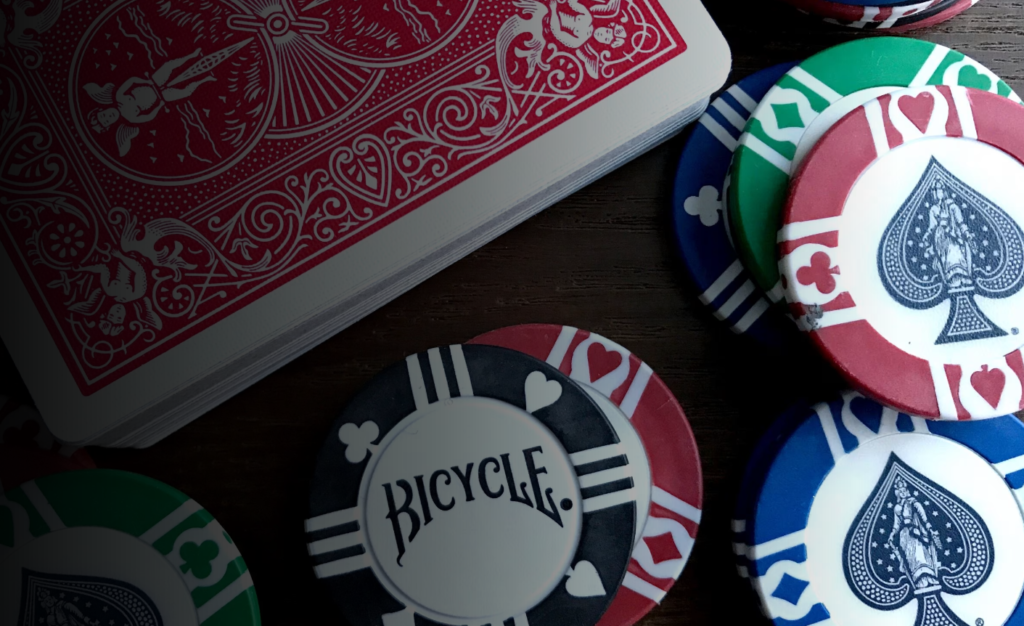
Although it is relatively easy compared to more sophisticated games like Bridge or Whist, what Napoleon lacks in finesse it makes up for in fast pace and player interaction. The scoring system, using chips, also lends itself well to wagering. The delightful difference of using “Wellington” and “Blucher” in the bidding refers, of course, to other famous generals of Napoleon’s day; but the card game itself is said to date back only to the late 1800s – well after the French leader’s death.
The Pack
The standard 52-card pack is used.
Rank of Cards
A (high), K, Q, J, 10, 9, 8, 7, 6, 5, 4, 3, 2.
The Deal
Each player receives five cards, dealt in a round of three at a time, then a round of two at a time, or first two and then three.
Bidding
Each player in turn, beginning to the dealer’s left, may make one bid or pass. A bid is the number of tricks, out of five, that the player thinks he can win with a particular suit as trump. A bid of all five tricks is called “Nap.”
Game Network: Rummy Bo
The Play
The highest bidder indicates the trump suit by making the opening lead, which must be a trump. Other players must follow suit if possible. A player who cannot follow suit may trump or discard at will. A trick is won by the highest card played of the suit led, or, if it contains a trump, by the highest trump. The winner of a trick leads next.
How to Keep Score
There is no credit for extra tricks won either by the bidder or by the opponents beyond what was needed to make or defeat the bid. If the bidder makes the bid, they collect from all the other players. If the bidder is defeated, they pay every player rummybo.
The usual way of settling scores is to distribute an equal number of chips to all players before the game and then settle in chips after each deal.
